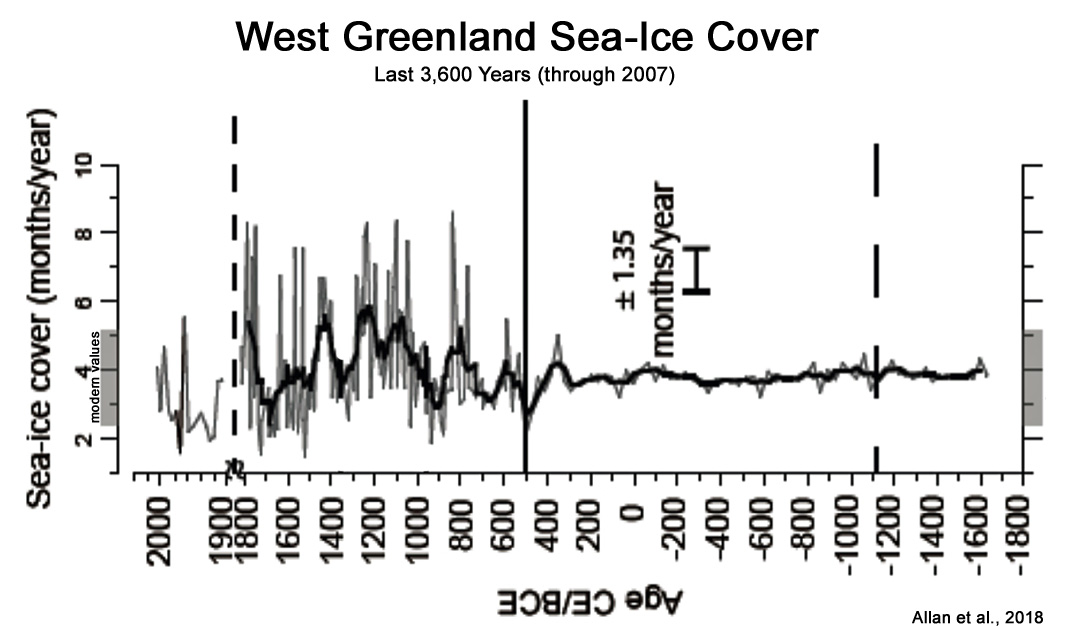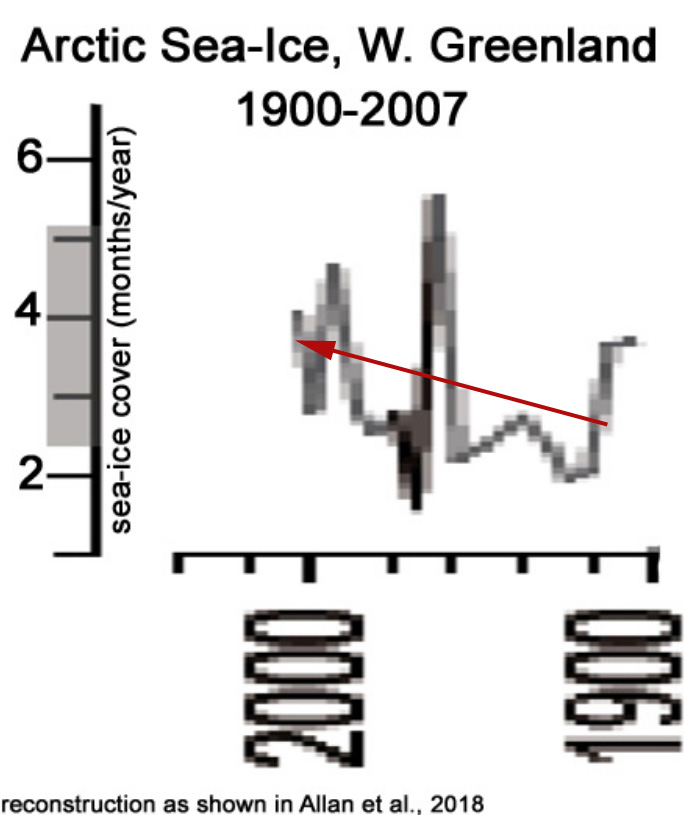- Joined
- Mar 31, 2013
- Messages
- 63,566
- Reaction score
- 28,938
- Gender
- Male
- Political Leaning
- Undisclosed
It is clear you are not here to have an honest debate, just deflect or not even try to see the obvious point I made that others here already understood.
By the way ALL those links you didn't Perouse was about THIS interglacial period, which showed there were a lot less to NO summer ice in the Arctic region than now which lasted a few THOUSAND years. The last time it was like that was during the MWP.
That was the obvious you keep fighting against.
So you can be that little child Linus hanging onto a 4 decade sea ice record blanket, which actually started in 1973 if that make you feel any better.
Still not seeing your point. It seems if it was so ‘obvious’ you’d be able to state it directly in a single sentence.
But I will note that you really support the validity of paleoclimate studies. We’ll see how long you go with that tack.



